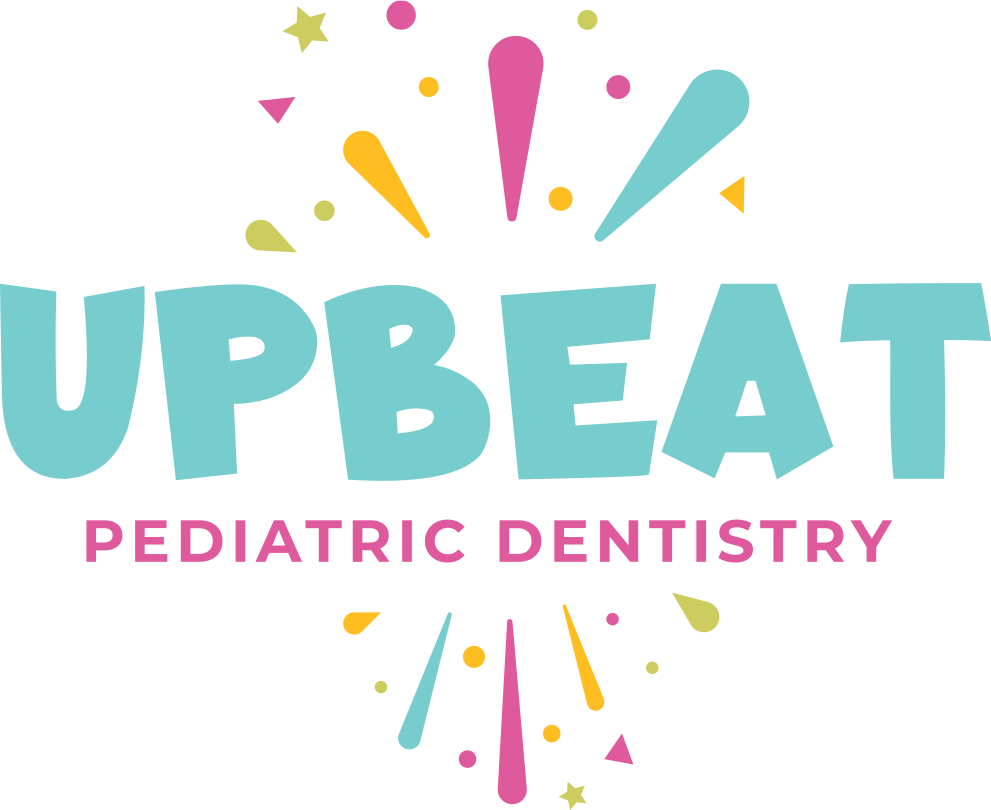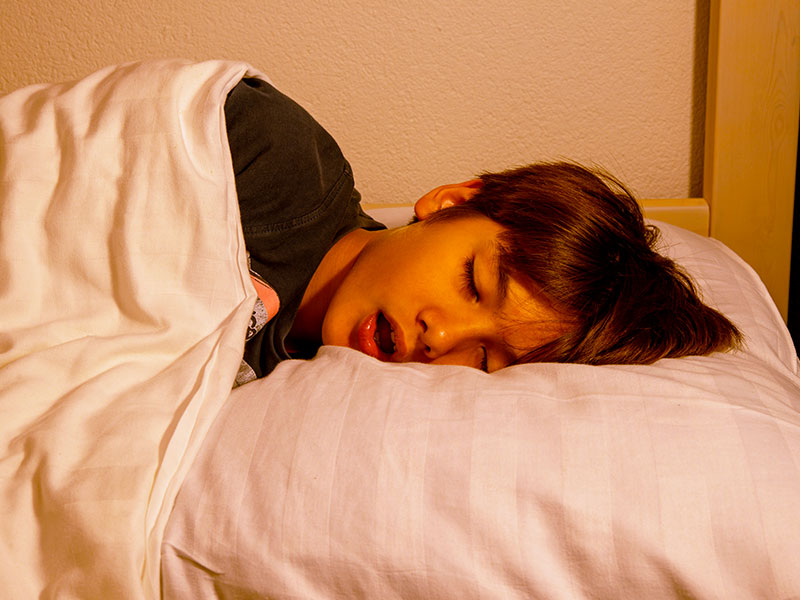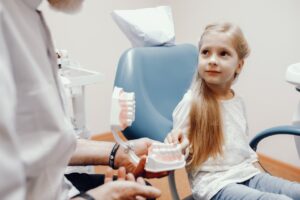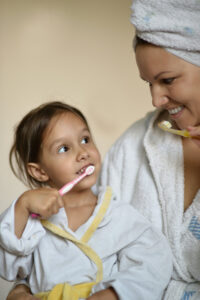Good sleep is essential for a child’s physical and mental development, but unfortunately, many children suffer from sleep disorders, including sleep apnea.
Sleep apnea is a condition characterized by interrupted breathing during sleep, leading to poor-quality rest and potential health problems. While it’s more commonly associated with adults, sleep apnea can affect children too.
In this blog post, we will explore the signs and symptoms of sleep apnea in children, its potential consequences, and why seeking treatment is crucial for your child’s well-being.
Understanding Sleep Apnea in Children
Sleep apnea in children is often referred to as pediatric obstructive sleep apnea (OSA). It occurs when a child’s airway becomes partially or completely blocked during sleep, leading to pauses in breathing. These interruptions can happen multiple times throughout the night, severely affecting the quality of sleep.
Signs and Symptoms of Pediatric Sleep Apnea
Loud Snoring: While occasional snoring in children is common, loud and persistent snoring can be a sign of sleep apnea.
Pauses in Breathing: Parents may notice that their child stops breathing for a few seconds during sleep, followed by a snort or gasp.
Restless Sleep: Children with sleep apnea often toss and turn in their sleep, struggling to find a comfortable position due to breathing difficulties.
Mouth Breathing: Sleep apnea can cause a child to breathe through their mouth, leading to dry mouth and increased risk of dental issues.
Daytime Sleepiness: Children with sleep apnea may be excessively tired during the day, leading to difficulty concentrating, irritability, and poor academic performance.
Bedwetting: Enuresis, or bedwetting, can be associated with sleep apnea in children.
Consequences of Untreated Pediatric Sleep Apnea
Pediatric sleep apnea can have significant consequences for a child’s health and well-being:
Poor Growth: Sleep apnea can affect a child’s growth and development, leading to stunted physical growth.
Learning and Behavioral Issues: Sleep-deprived children are more likely to struggle academically and exhibit challenging behaviors.
Cardiovascular Problems: In severe cases, pediatric sleep apnea can increase the risk of hypertension and heart problems.
Dental and Orthodontic Issues: Mouth breathing can lead to dental issues like misaligned teeth and a high palate.
Emotional Well-being: Sleep-deprived children may experience mood swings, anxiety, and depression.
Possible Causes of Sleep Apnea
Sleep apnea in children can be related to orthodontic issues, among other factors. Orthodontic problems that affect the alignment and structure of a child’s upper airway can contribute to the development of sleep apnea.
Here are some common orthodontic causes and related factors:
Malocclusion: Malocclusion refers to improper alignment of the upper and lower teeth when the jaw is closed. Conditions like overbites, underbites, and crossbites can result in a child’s jaws and tongue not being properly positioned during sleep. This misalignment can obstruct the airway, leading to sleep apnea episodes.
Narrow Palate: Some children may have a narrow upper palate (roof of the mouth), which can limit the amount of space available for the tongue. A crowded tongue can partially block the airway during sleep, contributing to sleep-disordered breathing.
Large Tonsils and Adenoids: Enlarged tonsils and adenoids are common in children and can obstruct the airway, causing sleep apnea. Orthodontic issues like narrow dental arches may exacerbate this problem.
Skeletal Jaw Abnormalities: In some cases, children may have skeletal jaw abnormalities, such as retrognathia (a recessed lower jaw) or micrognathia (a small lower jaw). These conditions can lead to poor tongue positioning during sleep, making it more likely for the tongue to fall backward and obstruct the airway.
Bruxism (Teeth Grinding): Teeth grinding can create muscle tension in the jaw and affect the airway, increasing the risk of sleep apnea.
Seeking Treatment at Upbeat Pediatric Dentistry
Sleep apnea is a serious condition that can have lasting effects on their health and well-being. Recognizing the signs of sleep apnea in your child is the first step towards seeking help.
At Upbeat Pediatric Dentistry, we specialize in providing comprehensive dental care for children, including the diagnosis and treatment of sleep apnea-related dental issues.
If you suspect your child may be suffering from sleep apnea, don’t hesitate to schedule an appointment with us. Together, we can help your child get the restorative sleep they need for a healthy and happy life.







